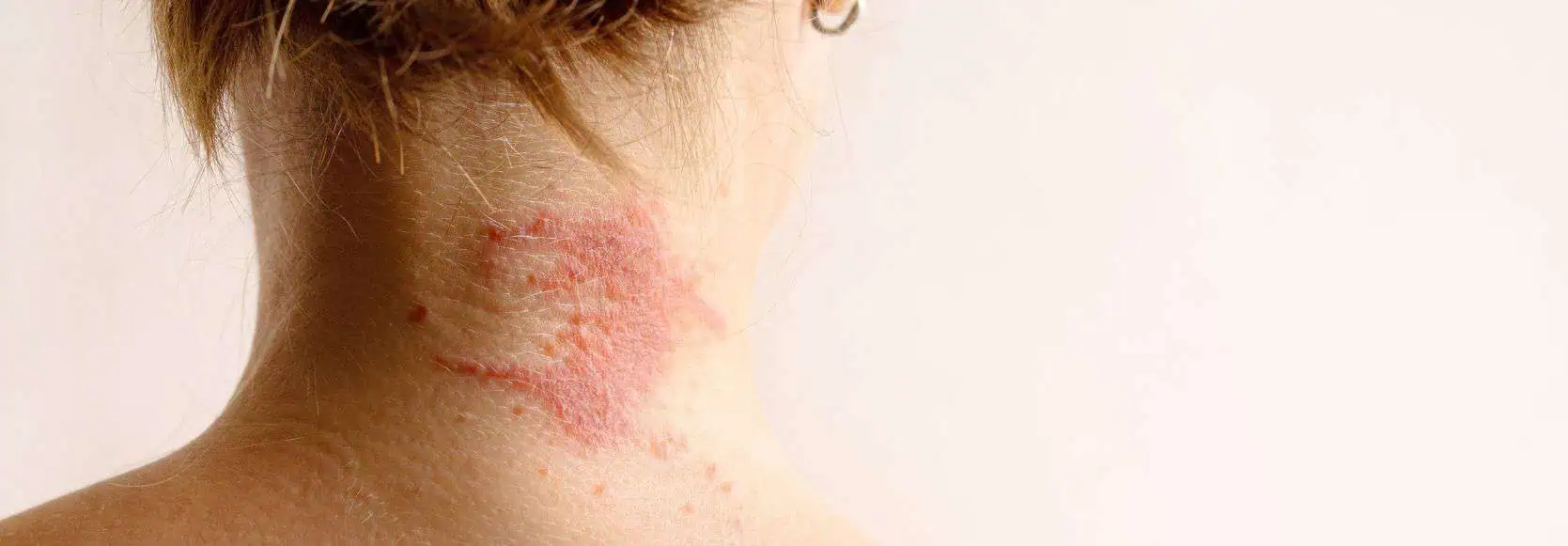June is Acne Awareness Month – a time dedicated to understanding and addressing one of the most common skin conditions affecting individuals worldwide. Acne Awareness Month serves as a reminder of the importance of education, support and access to effective treatments for those struggling with acne. This month aims to dismantle misconceptions, spread awareness about causes and treatments and provide guidance on managing this often distressing condition.
Understanding Acne
What Is Acne?
Acne is not just a teenage affliction; it can affect individuals of all ages. It occurs when hair follicles become clogged with oil and dead skin cells, leading to inflammation and the formation of pimples, blackheads and cysts. Understanding the different types of acne and debunking common myths is crucial for effective management.
Types of Acne
- Comedonal Acne: Characterised by blackheads and whiteheads.
- Inflammatory Acne: Includes papules and pustules that are red and swollen.
- Cystic Acne: Severe form involving painful, pus-filled cysts beneath the skin’s surface.
- Nodular Acne: Hard lumps under the skin, often more severe and painful.
Common Misconceptions
- Acne is caused by poor hygiene: While cleanliness plays a role, acne is often influenced by genetic and hormonal factors.
- Only teenagers get acne: Adult acne is common, especially among women, due to hormonal changes.
- Diet has no impact on acne: Certain foods can exacerbate acne in some individuals.
Causes of Acne
Genetic Factors
Hormonal Changes
Lifestyle Habits
- Diet: High glycaemic index foods, dairy and certain dietary habits can contribute to acne breakouts.
- Stress: Stress triggers the release of hormones that can worsen acne.
- Skincare Routine: Over-washing, using harsh products or not cleansing properly can exacerbate acne.
Acne Treatments
How Can Acne Be Treated?
Effectively treating acne involves a comprehensive approach that begins with understanding the severity of the condition and selecting the appropriate treatments accordingly. Various treatment options address different types and stages of acne, from over-the-counter solutions to advanced medical treatments.
Over-the-Counter Treatments
- Topical Retinoids: Help unclog pores and reduce inflammation. Topical retinoids are a class of compounds derived from vitamin A and are widely used in the treatment of acne due to their effectiveness in managing several key factors that contribute to the condition.
- Benzoyl Peroxide: Is an effective treatment that kills acne-causing bacteria and reduces oil production. It penetrates pores to release oxygen, eliminating Propionibacterium acnes bacteria and preventing new breakouts.
- Salicylic Acid: Exfoliates the skin and keeps pores clear. Its oil-soluble nature allows it to penetrate deep into the pores, effectively removing excess sebum and dead skin cells that can clog pores and cause breakouts.
Prescription Treatments
For more severe or persistent acne, dermatologists may prescribe stronger treatments that are not available over the counter. These prescription treatments include:
- Oral Antibiotics: Reduce inflammation and bacterial growth. By decreasing the population of these bacteria, oral antibiotics help to reduce the inflammation and infection associated with acne lesions. Additionally, these medications have anti-inflammatory properties that further help to diminish the redness and swelling of inflamed acne.
- Hormone Suppression: For females, contraceptive pills can balance hormonal changes. These pills work by regulating the levels of hormones such as estrogen and progesterone, which in turn can reduce the production of androgens (male hormones) that stimulate the sebaceous glands to produce excess oil.
- Topical Antibiotics: Kill bacteria on the skin’s surface. These antibiotics target the bacteria responsible for causing inflammation and infection in acne lesions. By reducing the bacterial population, topical antibiotics help to decrease the severity of acne and prevent new breakouts from occurring.
Advanced Acne Treatments
In cases of severe or persistent acne, advanced treatments may be necessary. Our range of acne treatments includes:
- Chemical Peels: Exfoliate the skin and reduce scarring. These treatments involve applying a chemical solution to the skin to exfoliate the outer layers, promoting cell turnover and reducing the appearance of acne scars. Chemical peels can help improve skin texture and tone while unclogging pores and reducing inflammation.
- Bespoke Prescriptive Facials: Tailored to address specific acne concerns, these customised facials combine various therapeutic techniques and ingredients to cleanse, exfoliate and treat acne-prone skin. They may include extractions, masks and serums designed to target acne and promote healing.
- Phototherapy: This treatment uses specific wavelengths of light to reduce inflammation and kill acne-causing bacteria. Blue light therapy, for instance, targets Propionibacterium acnes bacteria, while red light therapy helps reduce inflammation and promote skin healing.
- Laser Treatment: Laser therapy targets the deeper layers of the skin to reduce acne and scarring. It works by delivering controlled laser energy to the affected areas, which helps to shrink sebaceous glands, reduce oil production and stimulate collagen production for improved skin texture.
- Fractional Laser Resurfacing: This advanced laser treatment creates microscopic wounds in the skin, promoting the natural healing process and collagen production. It helps to improve skin texture, reduce the appearance of scars and treat deep-seated acne.
- N-Lite Laser: This non-invasive laser treatment stimulates collagen production and reduces acne bacteria. It helps to improve the skin’s overall appearance by reducing active acne and promoting skin regeneration.
Building a Skincare Routine
In cases of severe or persistent acne, advanced treatments may be necessary. Our range of acne treatments includes:
- Cleanse: Use a gentle cleanser to remove dirt, oil and makeup without stripping the skin.
- Treat: Apply targeted treatments like retinoids or benzoyl peroxide.
- Moisturise: Use a non-comedogenic moisturiser to keep skin hydrated.
- Protect: Apply sunscreen daily to protect against UV damage.
Lifestyle Tips for Managing Acne
- Diet: Incorporate a balanced diet rich in fruits, vegetables and omega-3 fatty acids. Avoid high glycaemic index foods and excessive dairy.
- Stress Management: Practice stress-reducing techniques such as yoga, meditation and adequate sleep.
- Hygiene Practices: Avoid touching your face, change pillowcases regularly and cleanse after sweating.
The Importance of Professional Advice
Benefits of Professional Treatment
- Accurate Diagnosis: A dermatologist can accurately diagnose the type and severity of acne.
- Tailored Treatments: Receive treatments specifically designed for your skin type and condition.
- Ongoing Support: Regular consultations ensure your treatment plan remains effective.
Acne Awareness Month is an opportunity to educate, support, and empower those affected by acne. By understanding the causes, exploring effective treatments and adopting a comprehensive approach to skincare and lifestyle, individuals can manage and reduce the impact of acne on their lives. Remember, seeking professional advice is crucial for long-term success in treating acne.
Take the first step towards clearer skin today. Schedule a consultation with our expert dermatologists to develop a personalised treatment plan tailored to your needs. Share this post with others to spread awareness and support Acne Awareness Month.


